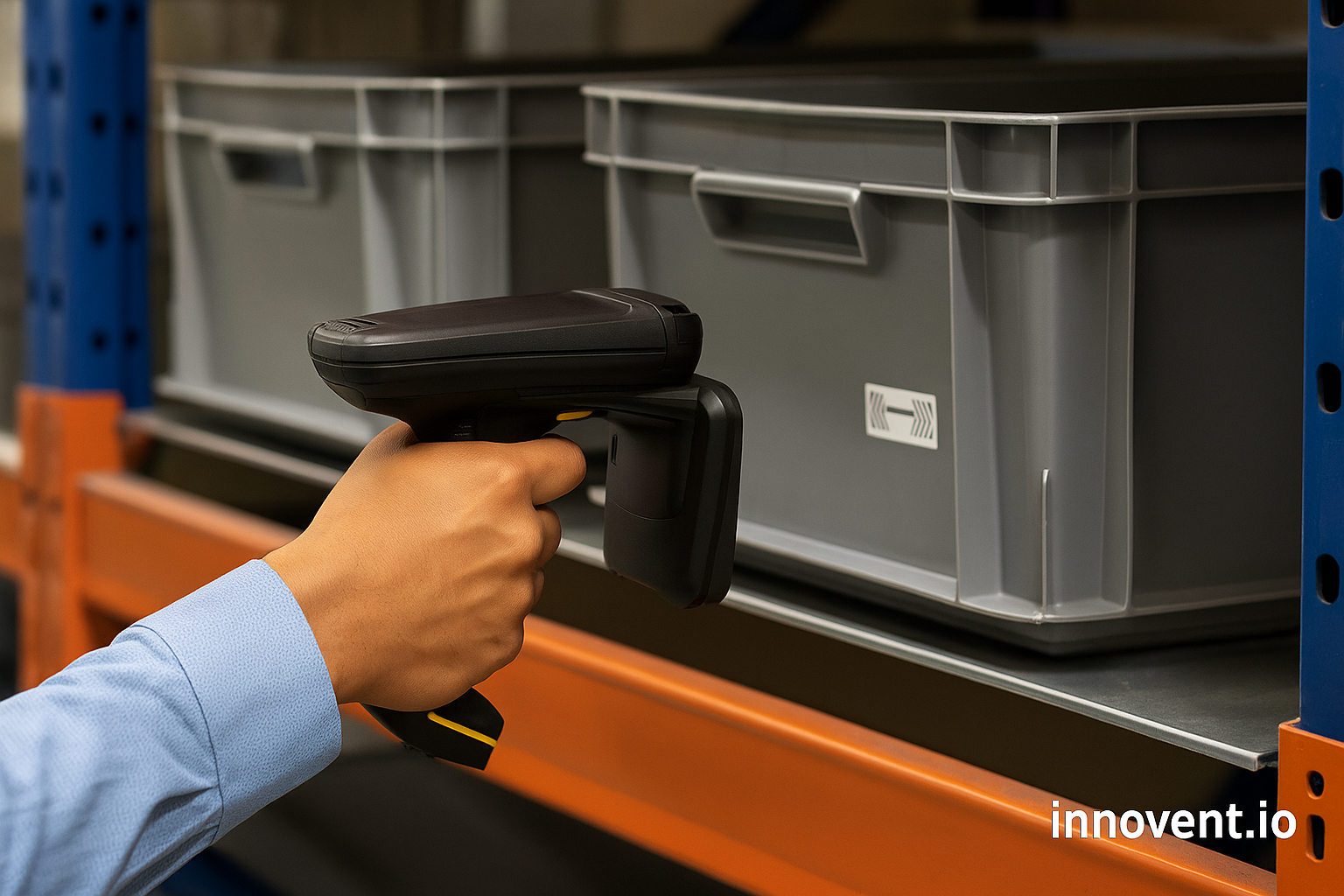RFID Asset Management for UAE Construction Companies: What You Need to Know
Ask anyone managing a site in Dubai or Abu Dhabi what slows down progress. Nine times out of ten, it’s not the weather or suppliers. It’s wasted time spent chasing tools that were “just there” an hour ago. Equipment that goes missing without being stolen. Teams standing around because a generator got moved to another zone and no one knew.
Most of the time, it's not about bad systems. It’s about no system at all. In busy construction environments, tracking assets with pen and paper, or even basic spreadsheets, just doesn’t keep up. And when dozens of people are sharing tools across locations, manual tracking falls apart fast.
That’s where RFID is making a difference for UAE companies.

Why tracking is such a mess on local sites
Construction projects here move fast. You’ve got multiple crews, subcontractors, and deliveries all happening at once. A drill can get used in the morning on one floor and by the afternoon, it's across the lot in someone else's truck. No one’s doing that to cause trouble. It just happens. And when that drill goes unaccounted for, you either lose time looking for it or spend more money replacing it.
According to industry estimates, UAE construction firms lose between 3 to 5 percent of their total equipment value every year from untracked or misplaced items. That’s not counting the hours lost trying to sort it all out.
What RFID actually does
RFID tagging isn’t about adding more work. It’s the opposite. Once you stick a tag on a piece of gear, its movements are picked up automatically by readers set up around the site. No one needs to scan anything manually. If that drill passes through a gate or leaves the tool room, it gets logged. You can see where it went, when it moved, and who had it last.
Some tags are passive, meaning they don’t need power. They’re small, cheap, and work great for most tools and site gear. Others are active, which means they have a battery and can be tracked from farther away. Those are better for higher-value equipment that travels between locations.
We’ve seen companies here cut audit times from hours to under an hour. One contractor in Sharjah reduced tool loss by almost half within the first six months of using RFID. That’s not marketing speak. That’s the result of knowing where your stuff is without chasing it down.
Where to begin without overcomplicating it
You don’t need to tag every screwdriver and helmet. Start with the items you lose track of most often. That might be power tools, survey equipment, compressors, or anything that moves between job sites. Once you tag those and install a few readers at the places gear comes and goes-like site gates or tool cribs-you’re already ahead of most.
Fixed readers pick up gear as it moves. Handheld readers are useful for quick audits. Neither one requires a huge learning curve. And no, your team doesn’t have to become IT pros to use this. They just keep doing their work. The system runs in the background.
The people part matters too
RFID is tech, but it only works when people are on board. So explain why it helps. Fewer lost tools means less blame. Less time wasted means more actual work gets done. That’s the part site crews get behind. They don’t need lectures about data. They just want to stop hearing, “Where’s the jackhammer?” five times a day.
RFID used to feel like overkill. But now the cost of tags is low enough, and the setup is simple enough, that UAE construction firms of all sizes are getting into it. Some start with a single site. Others begin with one type of tool. It’s not about going all-in on day one. It’s about starting smart and seeing what kind of time and money you save in the first couple months.
And the truth is, once you’ve stopped losing equipment, you won’t want to go back to how things were.








